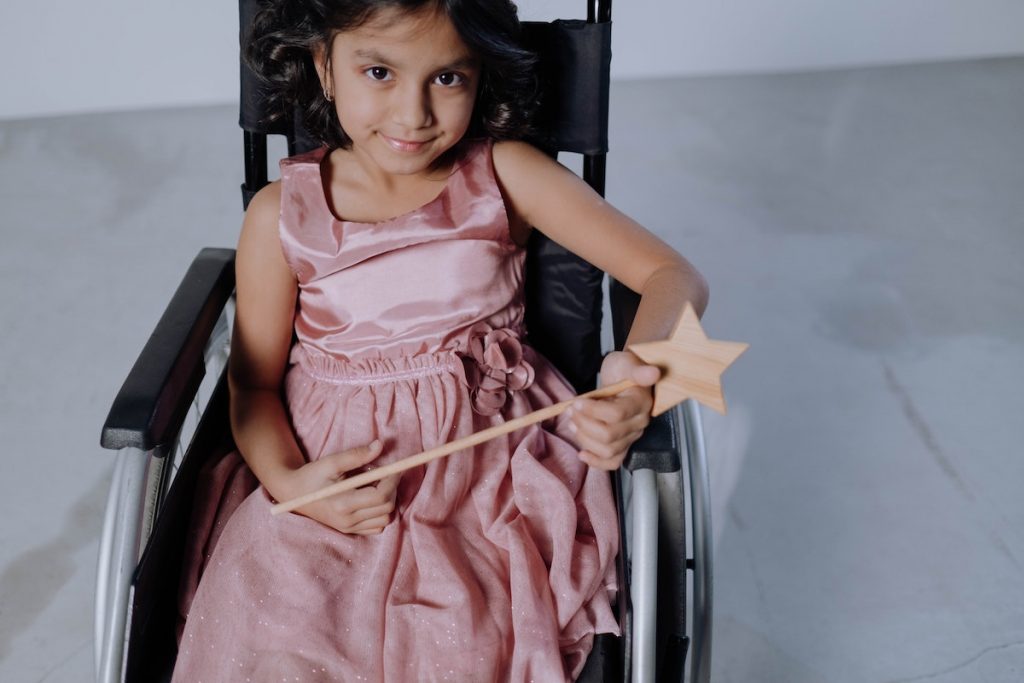• The psychodynamic theory of learning, also known as the constructivist theory, is an approach to understanding how people learn by examining internal processes.
• This approach emphasizes self-awareness and personal growth for improved educational outcomes.
• Parents can take advantage of this theory by providing personalized strategies to their children, such as personalized curriculums and outdoor activities.
• Toys and games can also help develop motor skills and problem-solving abilities essential for learning.
• By taking a psychodynamic approach to learning, parents can create an effective plan for their child’s success in school.
The psychodynamic theory of learning also referred to as the constructivist theory of learning, is an approach to understanding how people learn. It focuses on learning as an internal process involving a person’s emotions, motivations, and desires. Essentially, this theory prioritizes personal growth, self-awareness, and development over traditional teaching methods. It can feel out of place in some situations, but it can make a massive difference in how your child learns.
This theory can be constructive in understanding your children’s learning. Here’s a look at this vital theory and explore what it means for your children’s education.
The Constructivist Theory of Learning
At its core, the psychodynamic theory of learning holds that all individuals are in a constant state of development and growth through their interactions with their environment. This means that each individual creates unique knowledge and skills based on their experiences in life. Furthermore, this theory suggests that learning is an active process rather than a passive one—in other words, it requires effort from both the learner and teacher for true understanding to be achieved.
The Impact on Your Children’s Learning
The psychodynamic theory of learning can positively affect your children’s education by emphasizing the importance of self-awareness and personal growth. By recognizing that each individual has different needs and motivations when it comes to learning, you can create personalized strategies for helping your child progress in school.
This could include finding ways to make lessons more engaging or incorporating activities into homework assignments to keep them motivated. Additionally, keeping track of your child’s progress can help you identify areas where they need extra help or guidance, which can lead to improved academic performance over time.
Taking Advantage of This Kind of Learning
There are various ways you can take advantage of this kind of learning. Here are some of them:
Daycare
Social interaction is king when it comes to the psychodynamic theory of learning. So choosing a good daycare for your children that encourages socialization and exploration can help them learn in a way that is tailored to their individual needs.
You don’t necessarily need an expensive daycare for your child, either. However, if you don’t have the budget, consider getting them into affordable low-income daycare centers in your area. These centers have been proven to provide quality care and education, not to mention improved social and emotional development.
Mentors
If your child is having difficulty with a specific subject, consider getting them a mentor who can provide extra help. Mentors can also be great for developing positive relationships and providing encouragement in the classroom.
Curriculum
Invest in instructional materials that are tailored to your children’s needs. Look for educational programs with engaging activities and lessons that keep them engaged while teaching them valuable skills like problem-solving, critical thinking, and more. Additionally, this kind of curriculum can help you track their progress and find areas of improvement.
Outdoor Activities
Encouraging your children to explore the world around them through outdoor activities can help build their self-confidence, strengthen their social skills, and improve their learning abilities. It can also help your child avoid the rising obesity epidemic. Spend time outdoors with your children to help them develop an appreciation for nature and better understand the world around them.
Additionally, playing sports or joining activities like dance classes can provide physical exercise and mental stimulation—both essential elements of psychodynamic learning.
Toys and Games
Finally, use toys and games to help your children learn. Scrabble, puzzles, and other educational activities can provide an excellent opportunity for creative thinking. Additionally, these activities can also help develop motor skills and problem-solving abilities.
The psychodynamic theory of learning emphasizes the importance of individual development in improving educational outcomes. By taking this approach to understanding how people learn, you can better equip yourself with the tools necessary for helping your children succeed in school. This will give them an advantage academically and emotionally since they will feel more confident tackling new tasks independently or working collaboratively with peers. Knowing how each child learns best is vital to creating an effective plan for success!


